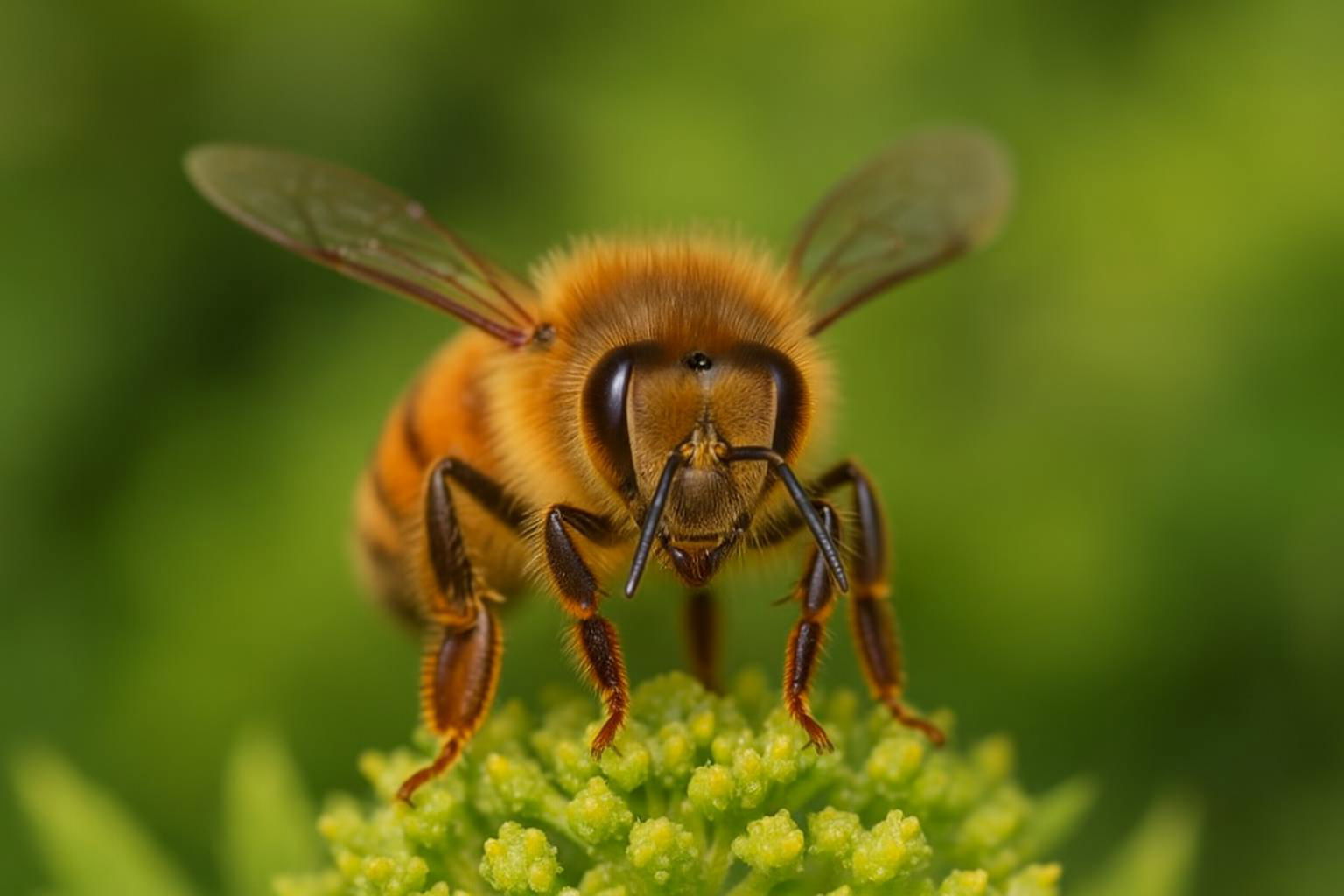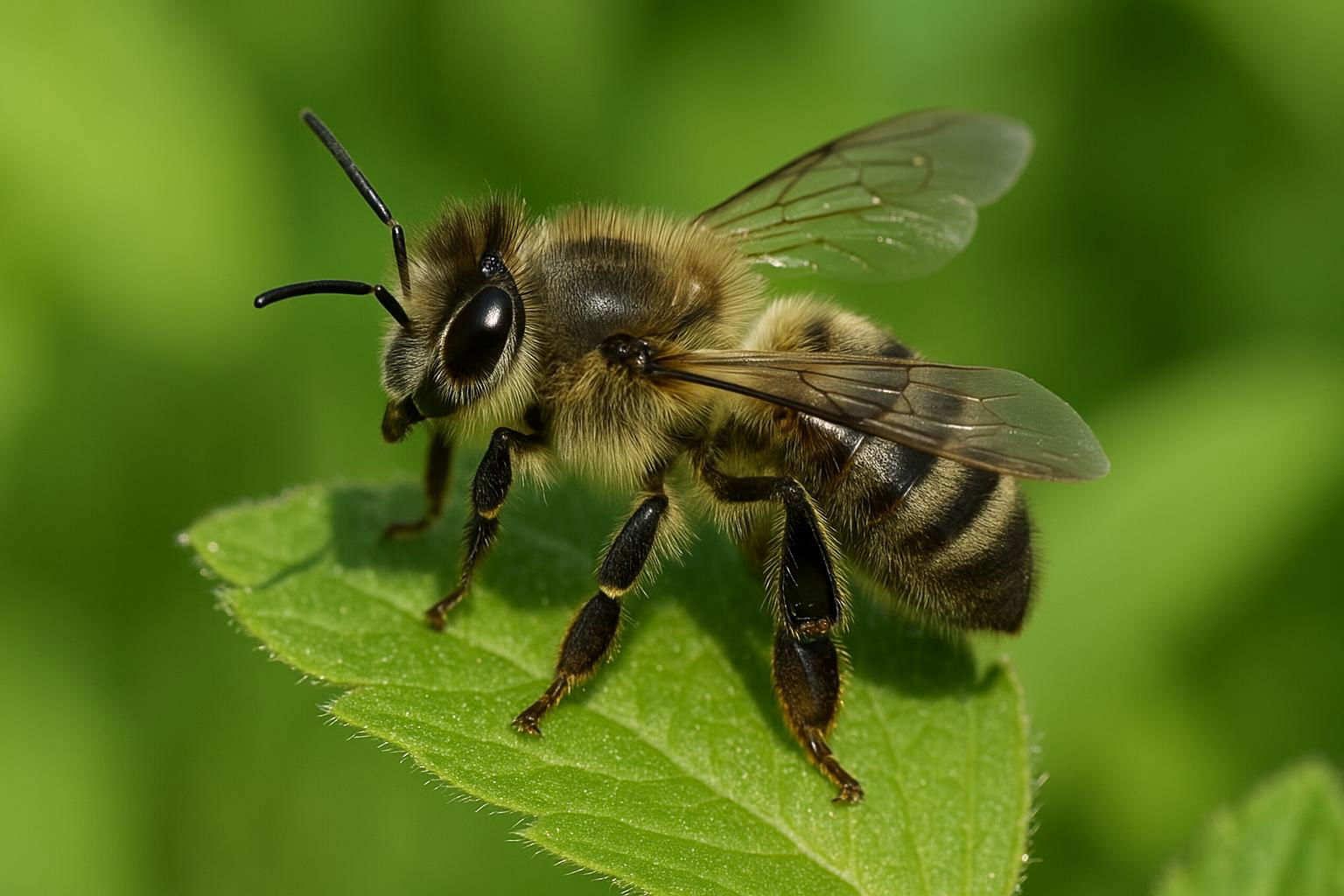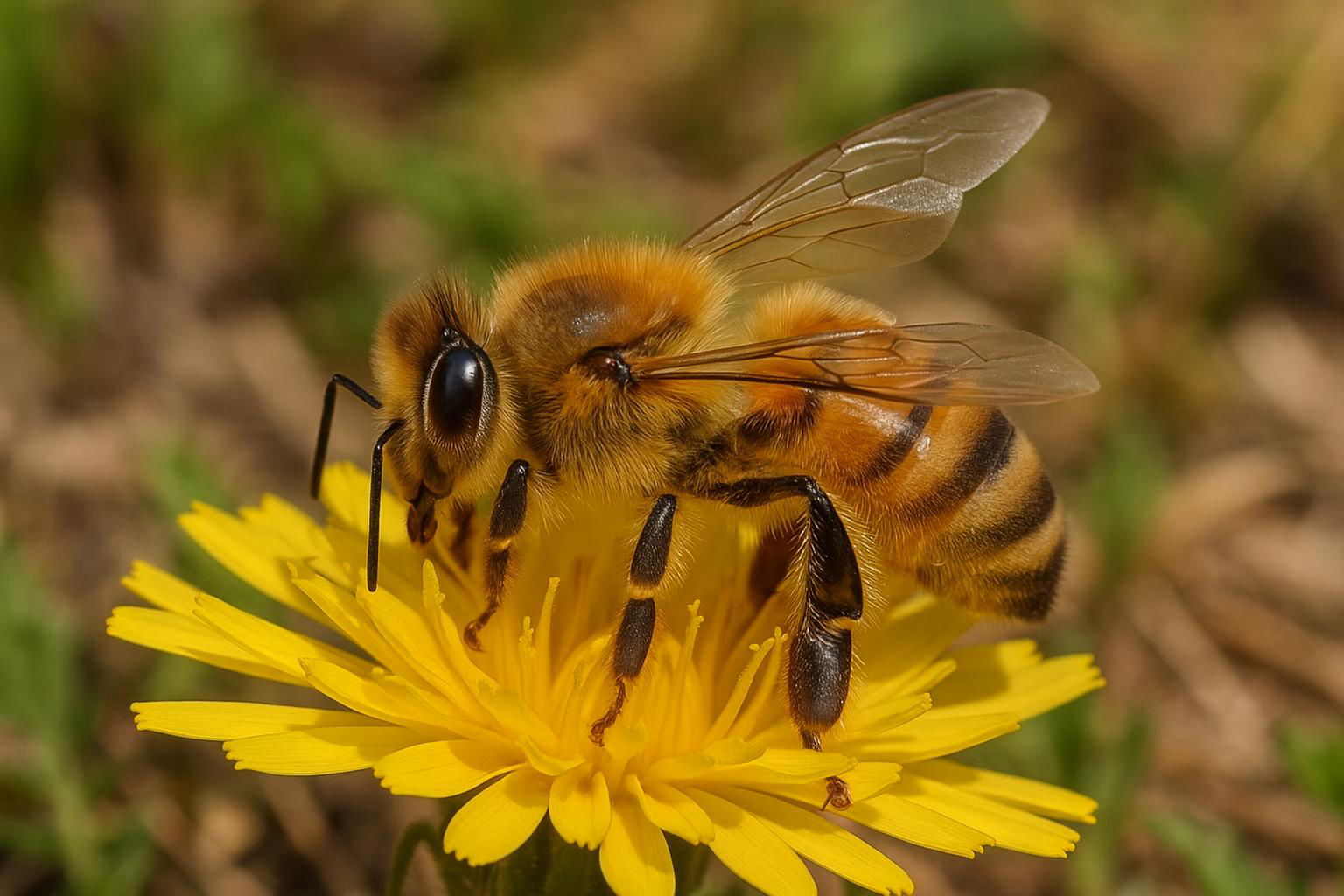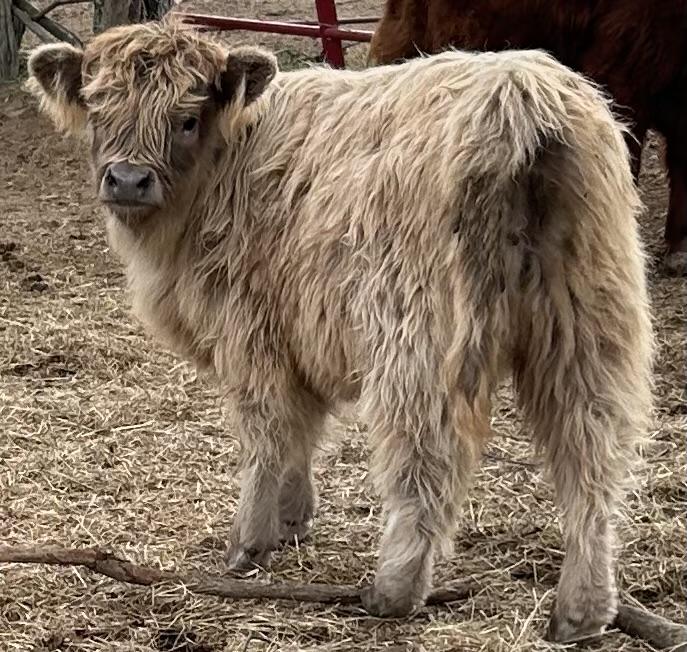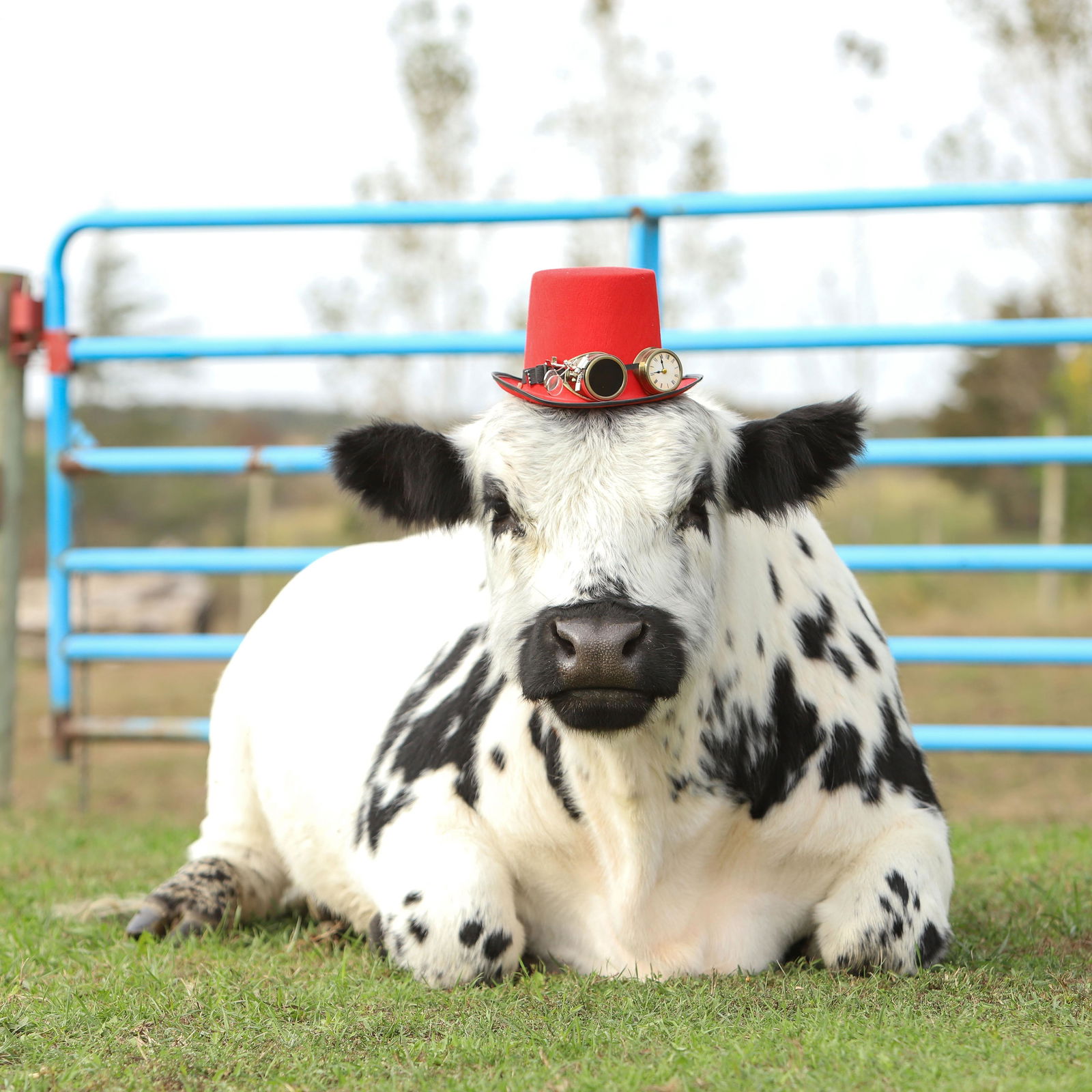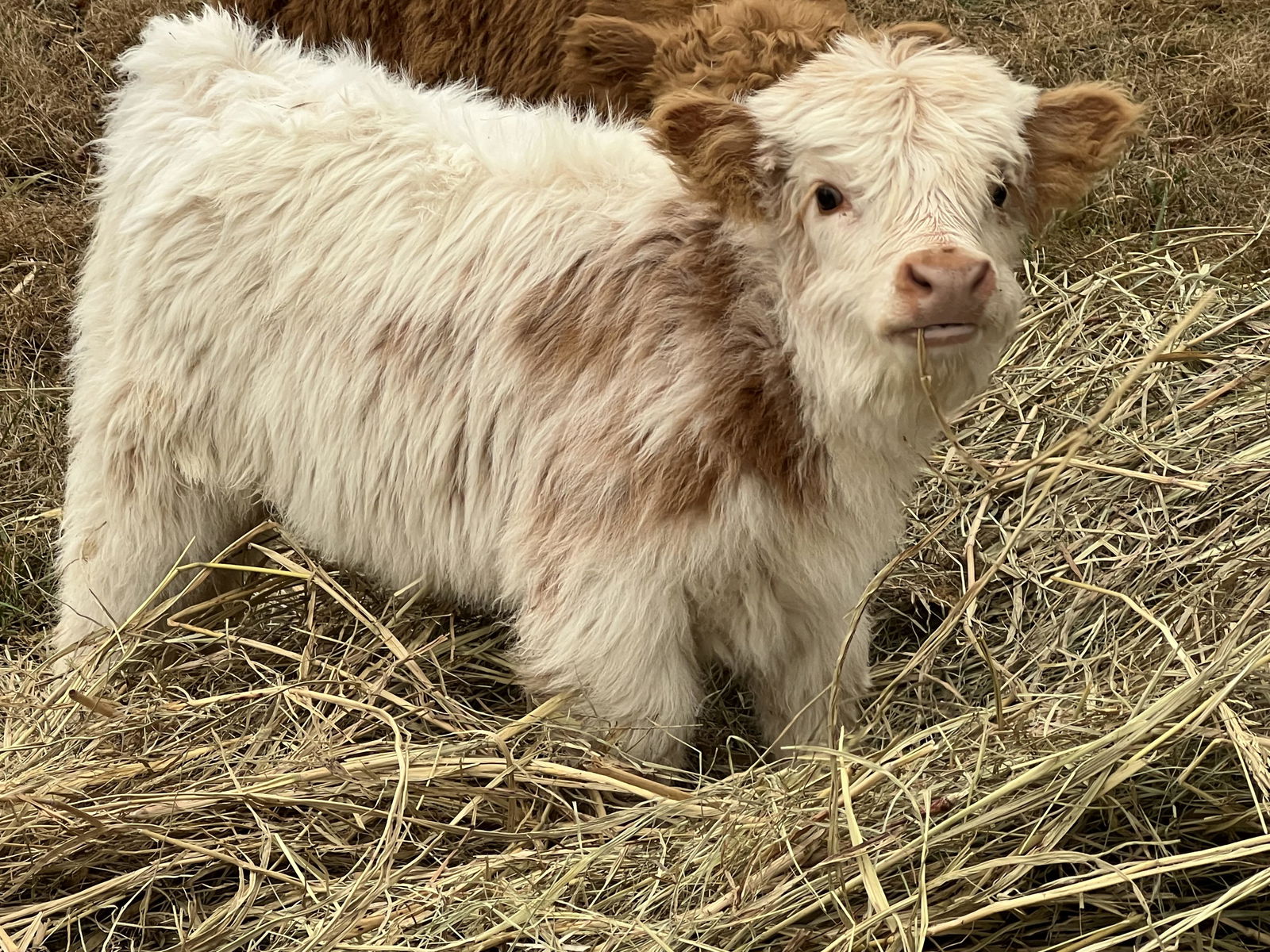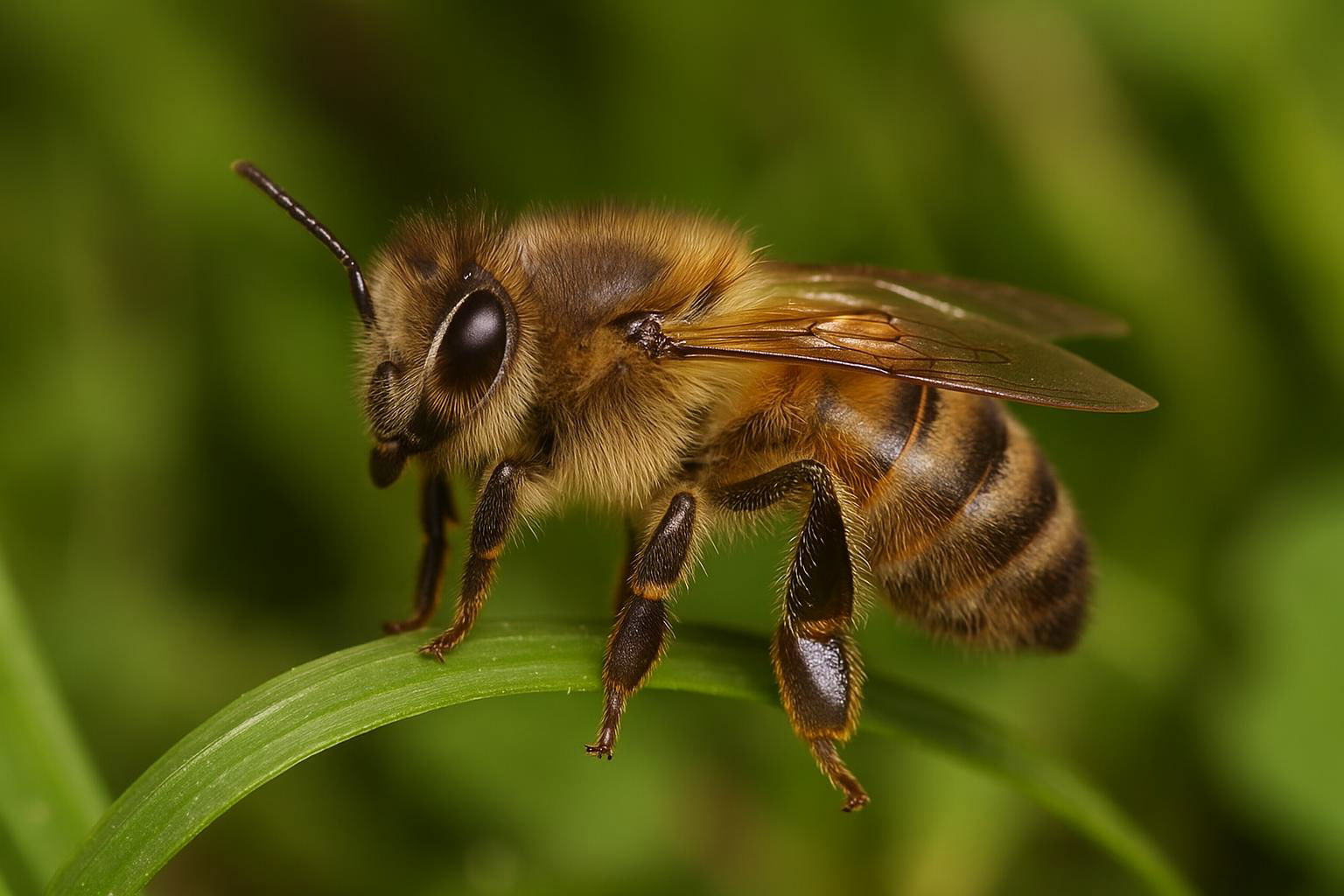
Caucasian
The Caucasian Honey Bee (Apis mellifera caucasica) is a distinctive breed renowned for its exceptional traits and adaptability, originating from the rugged and diverse landscapes of the Caucasus region. These bees are celebrated for their notably long, distinct proboscis, which allows them to access nectar from flowers with deeper corollas, thus increasing their foraging efficiency compared to other honey bee breeds. Their gentle temperament makes them particularly well-suited for beekeeping, as they are less prone to stinging, which is a desirable trait for beekeepers seeking manageable colonies.
Caucasian bees are also recognized for their prolific production of propolis, a resinous substance used to seal cracks and reinforce hive structure, despite which, they are known to build heavy propolis layers. This advantageous trait contributes to the structural integrity and hygiene of the hive but might be considered a drawback for beekeepers who have to work hard to maintain equipment and keep hives clean.
Another distinguishing characteristic of the Caucasian breed is their ability to withstand colder climates, thanks to their native habitat's harsh, mountainous environment. This feature makes them particularly valuable in colder regions where other honey bee breeds might struggle to survive.
Overall, the Caucasian Honey Bee is prized not only for its adaptability and resilience but also for its notable contribution to biodiversity and beekeeping due to its unique foraging abilities and calm demeanor.
Colors: Golden Brown with Black Stripes

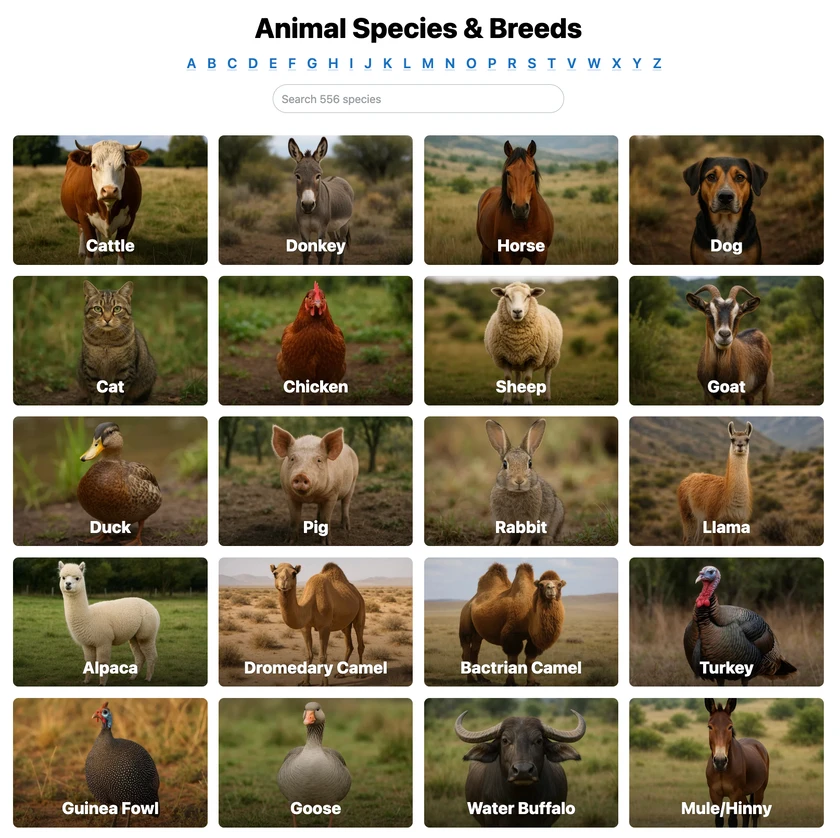 All Species & Breeds
All Species & Breeds
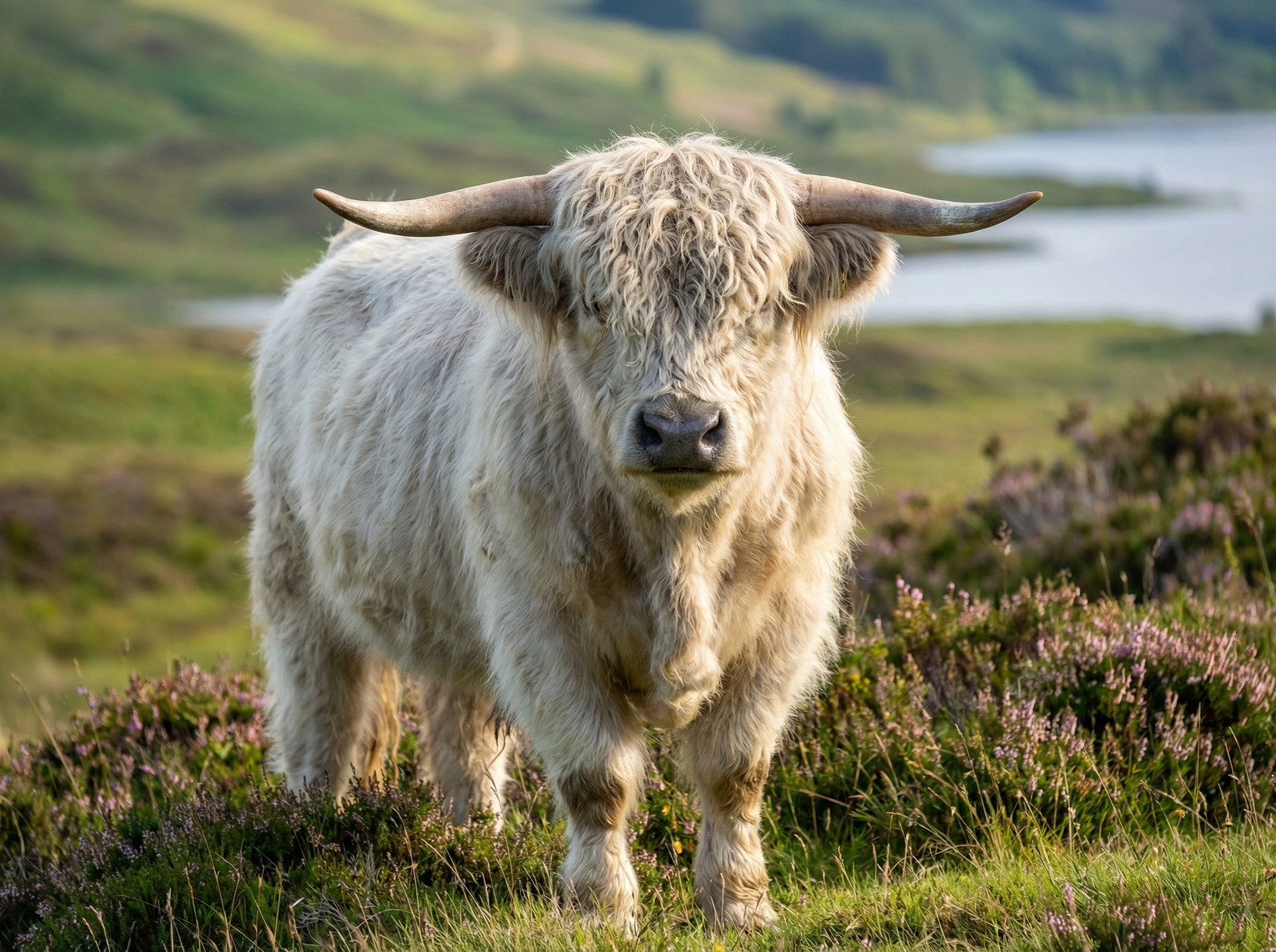 Highland Cattle
Highland Cattle
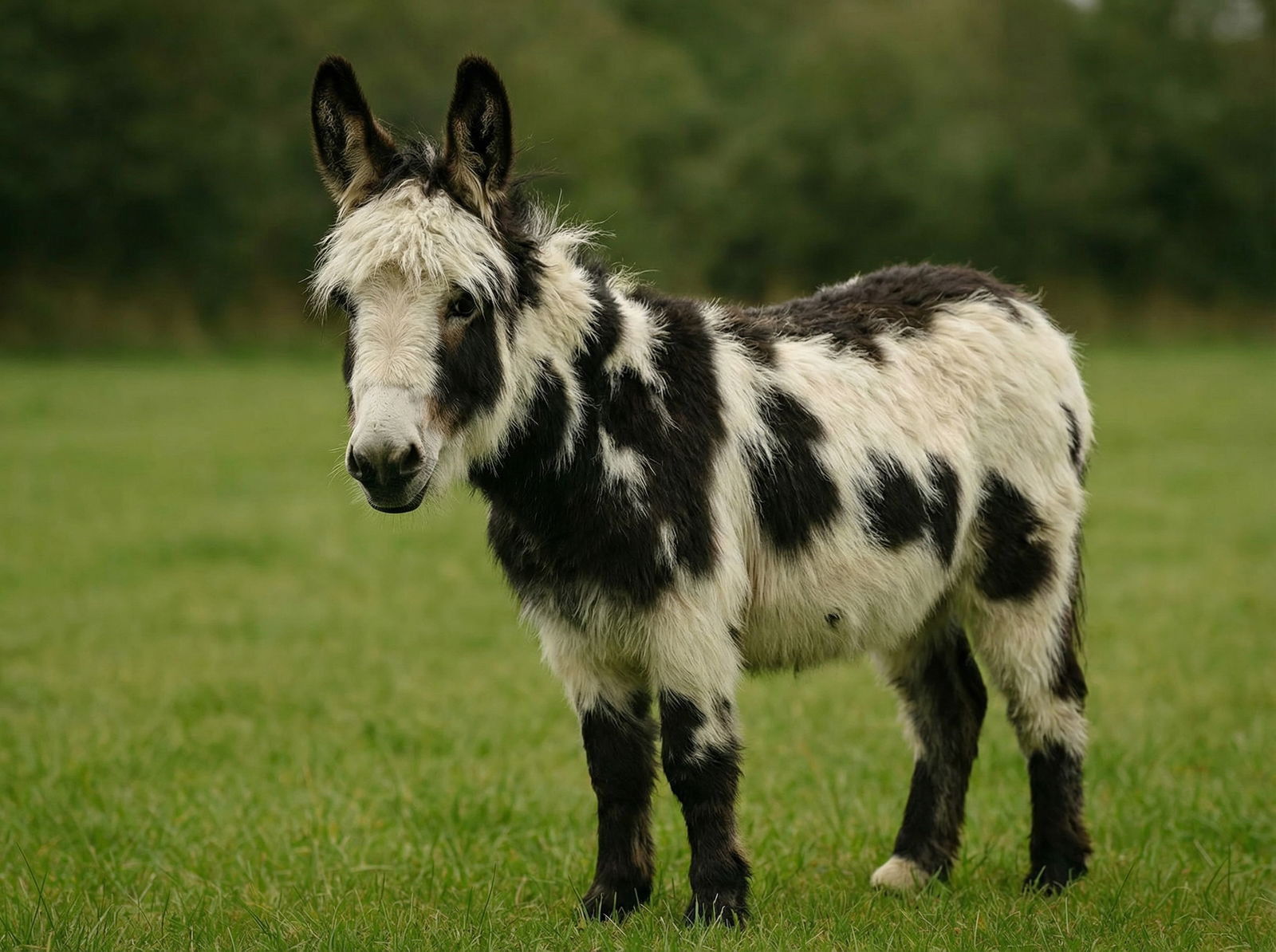 Miniature Donkeys
Miniature Donkeys
 All Species Directory
All Species Directory
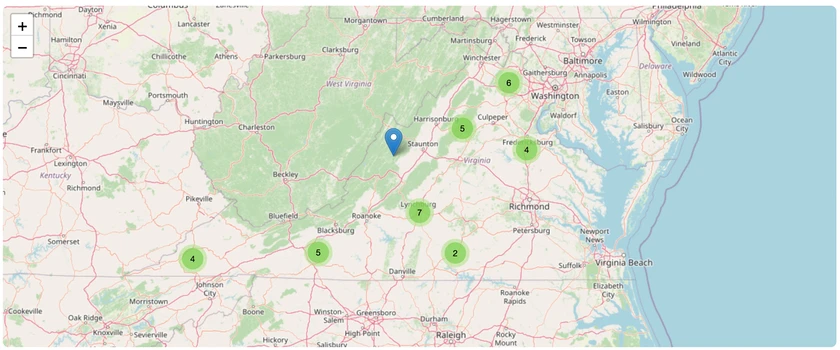 Highland Cattle in Virginia
Highland Cattle in Virginia
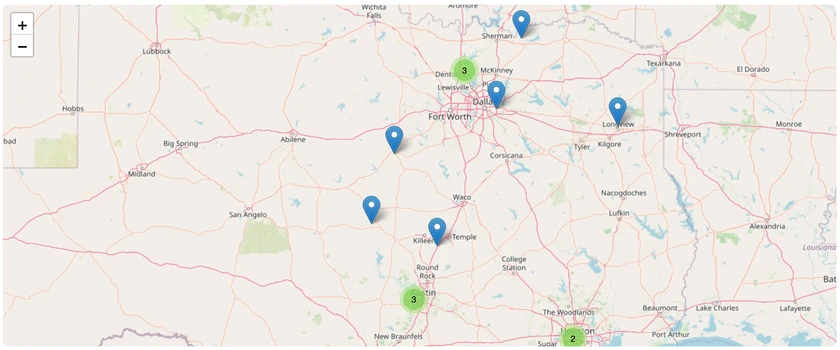 Miniature Donkeys in Texas
Miniature Donkeys in Texas
